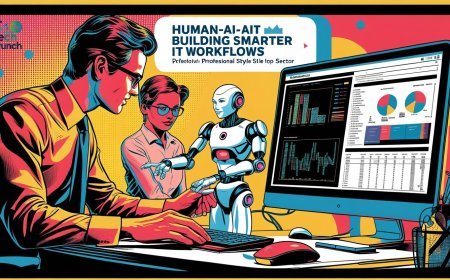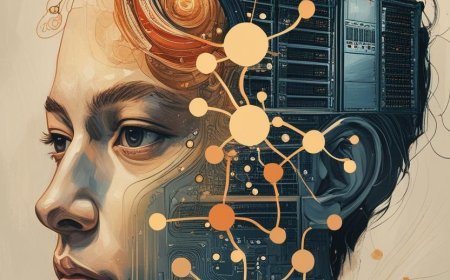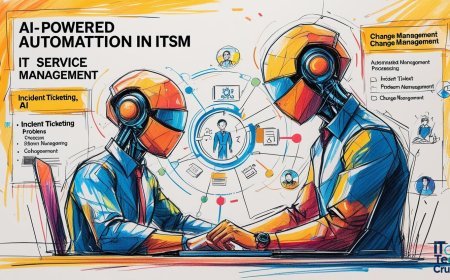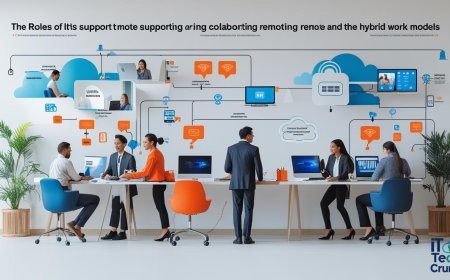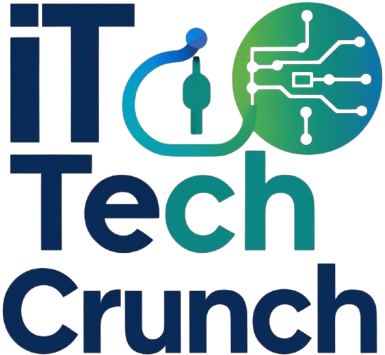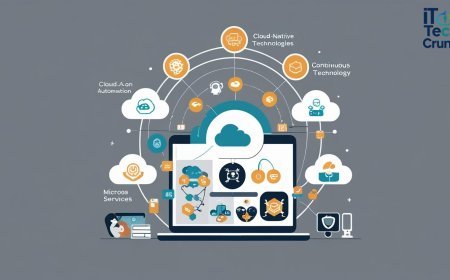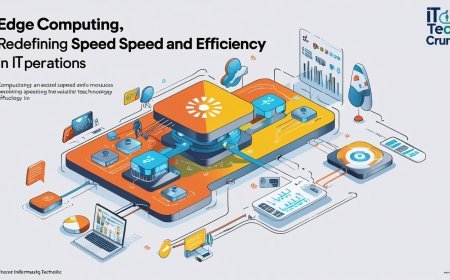AI-Powered Automation in IT Service Management (ITSM)
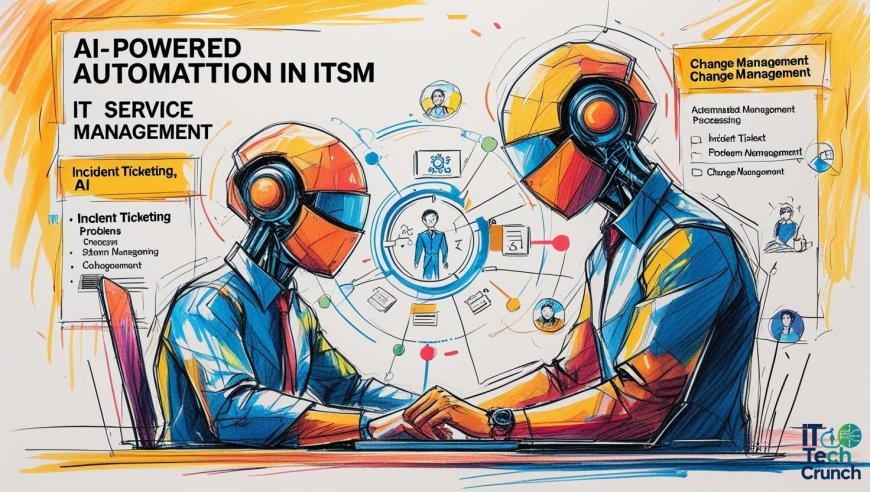
AI-Powered Automation in IT Service Management (ITSM)
The world of IT service management (ITSM) is undergoing a significant transformation, largely fueled by the rise of artificial intelligence (AI) and automation. As organizations strive to deliver faster, more efficient, and more reliable IT services, AI-powered automation is emerging as a game-changer. It’s not just about reducing manual work; it’s about reshaping how IT teams operate, making them more proactive, agile, and user-centric.
At its core, ITSM revolves around delivering seamless support to users and ensuring IT services align with business needs. Traditionally, many of these processes have involved repetitive, time-consuming tasks such as ticket management, incident resolution, and service requests. AI-powered automation now steps in to handle these routine activities swiftly and accurately, freeing IT professionals to focus on more complex and strategic issues. This shift not only improves operational efficiency but also enhances the overall user experience.
One of the most noticeable impacts of AI in ITSM is through intelligent ticketing systems. Instead of relying solely on manual input and categorization, AI can automatically triage incoming tickets by analyzing their content, urgency, and context. This means tickets get routed to the right teams faster, accelerating response times and reducing bottlenecks. Furthermore, AI-driven chatbots are becoming frontline agents, able to resolve common queries instantly, guiding users through troubleshooting steps or helping them access resources without waiting for human intervention.
Beyond ticket management, AI-powered automation brings predictive capabilities to ITSM. By analyzing vast amounts of data from past incidents, system logs, and performance metrics, AI can identify patterns that signal potential problems before they escalate. This proactive approach allows IT teams to address issues preemptively, minimizing downtime and improving service reliability. It’s a move from reactive firefighting to strategic maintenance, which benefits both the IT department and the entire organization.
Automation also extends to workflows and approvals. Complex processes that once required multiple manual handoffs can be streamlined with AI-driven automation, ensuring consistency and reducing errors. Whether it’s onboarding new employees, managing software updates, or handling compliance checks, automated workflows keep things moving smoothly while maintaining visibility and control.
What makes AI-powered automation truly impactful in ITSM is its ability to learn and adapt. Machine learning models improve over time as they interact with more data and scenarios, becoming smarter at understanding user needs and operational contexts. This continuous improvement means IT services can evolve alongside changing business demands and technological environments, maintaining relevance and effectiveness.
However, the integration of AI and automation into ITSM is not without challenges. Organizations must carefully balance automation with the human touch, ensuring that technology supports rather than replaces valuable human expertise and empathy. Training and change management are vital to help IT teams embrace these new tools and approaches confidently.
In essence, AI-powered automation in ITSM is revolutionizing the way IT departments operate. It enables faster problem-solving, smarter resource allocation, and more personalized service delivery, all while reducing costs and boosting productivity. As this technology continues to mature, it promises to unlock even greater potential, empowering IT teams to become strategic partners in driving business success rather than just service providers. The future of ITSM is intelligent, automated, and deeply connected to the needs of both the business and its people.
